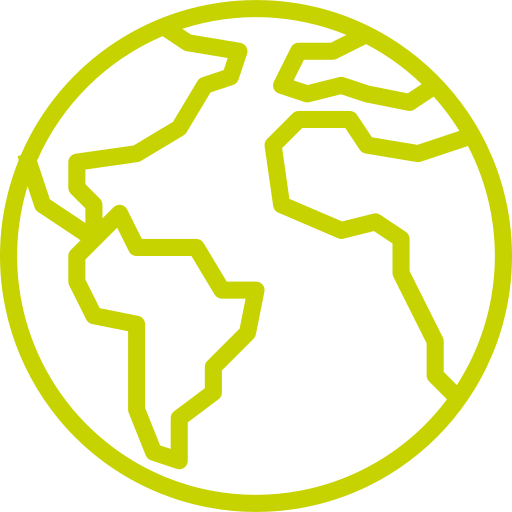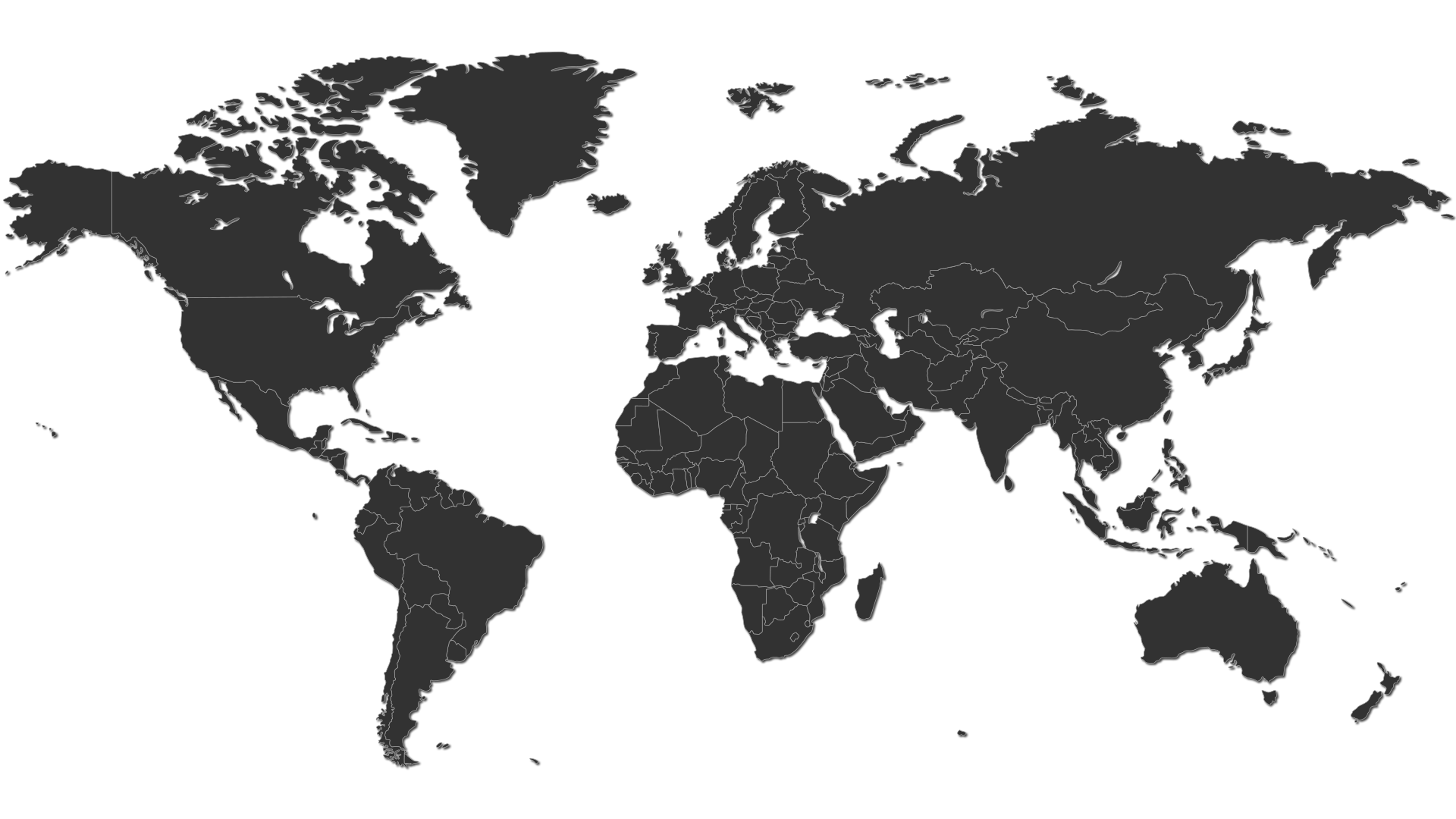Dialogue, conflict, Green care.

How to practice democracy in therapeutic communities and society
Tusday 11 October 2022 | Florence + Online
The international network of democratic therapeutic communities INDTC, which proposes the conference, is a network that welcomes individuals, therapeutic communities, mental health services, associations and groups from different countries, who share the values of democracy, dialogue in mental health, in therapeutic communities and in the local community.
The proposed event “Dialogue, conflict, Green care. How to practice democracy in therapeutic communities and in society” is the result of on-going reflections of the international collective INDTC and the Italian board of directors on these issues. Such reflections have led to the organisation of several events in recent years, which have further developed the themes in question. In particular, the “International Meeting of Babel: The Democratic Therapeutic Community in the World, Today” which was held in May 2021. On that occasion, from the dialogue between participants from different corners of the world, the ‘difficulty of creating and maintaining democracy in non-democratic systems and places’ emerged as a theme of
common interest, which also became the theme of the March 2022 conference “How to practice democracy in non-democratic places and systems”.
In a historical period of great changes, also amplified by the Covid-19 pandemic, democracy is a value that we cannot take for granted not only in mental health services but in society in general.
Many questions come to mind: what is the direction democracy is moving towards? What are the values that define and motivate life within society and local therapeutic communities? Today more than ever, within a global context where institutions appear to have become more rigid and often regressed/old fashioned; and where democracy is at risk, therapeutic community culture and values, together with democratic participative practices can represent an opportunity, not only for therapeutic communities, mental health and psychosocial services but also for global and local communities. Today, more than ever, it is possible to revive the importance of terms such as democracy, dialogue, group, participation, responsibility and conflict management.
Hence the themes of today’s event: dialogue, conflict and green care. In particular, the theme of ‘dialogue’ arises from the importance that INDTC places on dialogical approaches such as Open Dialogue, Psychoanalysis Multifamiliare, democratic therapeutic community, in mental health and in the promotion of community well-being. The theme of ‘conflict’ is of crucial importance especially in light of the current war events that are unsettling the global stage. And, the theme of ‘green care’ dedicated to the acknowledgment and recognition of the crucial importance of the relationship between human beings and environment, as it has been explored in the recently published book edited by INDTC “Green Care. A contribution from therapeutic communities”.
PROGRAMME
The conference is scheduled for Tuesday 11 October 2022 from 09.00 to 16.30, in hybrid mode (Florence + online) and will be structured as follows:
- 09.00 – 10.00 DIALOGIC OPENING By the international collective INDTC and the CD INDTC Italy
- 10.00 – 11.30 THEMATIC SMALL GROUPS DISCUSSION/THEMATIC TABLES
- 11.30 – 12.00 Coffee break
- 12.00 – 13.00 PLENARY WITH REPORTS FROM EACH THEMATIC SMALL GROUP
- 13.00 – 14.00 Lunch
- 14.00 – 16.00 PLENARY WITH DRAFTING OF THE MANIFESTO
- 16.00 – 16.30 CLOSING CEREMONY Italian management INDTC and introduction of Portuguese Board
THEMATIC TABLE
Table 1: Green care and terapeutic communities
Facilitators:
Marino De Crescente –Head of Central Italy Community and Visiting Project (Adults), Mito&Realtà, Vice President INDTC Italy
Luca Mingarelli –National Head of Therapeutic Communities (Minors), Mito&Realtà. President, Fondazione Rosa dei Venti Onlus, Italy
Table 2: How to practice democracy in no-democratic contexts
Facilitators:
Giuseppe Cardamone – Director of the Adult Mental Health Area; Director U.F.C. SMA Prato, USL Toscana Centro
Giuseppe Lunardo –Psychiatrist MDSM Caltagirone
Table 3: The use od dialogue and conflict in therapeutic and socio-political processes.
Facilitators:
Raffaele Barone – Psychiatrist, Director MDSM Caltagirone
Angela Volpe –Psychologist, Psychotherapist, Group Analyst; President, INDTC International Network
Amongst others: Anando Chatterij (IND), Peter Cockersell (UK), Rex Haigh (UK), Laura Liverotti (UK), Andrea Nicosia (ITA), Joao Pereira (PT), Marcelo Rodriguez (PT), Bruno Pinkus (ITA), Marta Vigorelli (ITA), Gary Winship (UK)
HOW TO PARTICIPATE
Participation in the conference is FREE, with compulsory registration, and will be used in hybrid mode (in-person and online).
The event will start in:
Day(s)
:
Hour(s)
:
Minute(s)
:
Second(s)
The conference, in-person, will be held in Florence at Hotel Albani in via Fiume, 12 (250 meters on foot from the central station Santa Maria Novella)
It is possible to participate online
SCIENTIFIC MANAGER
Giuseppe Cardamone – Director of the Adult Mental Health Area; Director U.F.C. SMA Prato, USL Toscana Centro
WITH A NON-CONDITIONAL CONTRIBUTION BY:

YOU MAY ALSO BE INTERESTED IN:
3rd Edition of Mental Health Marathon
For Community Mental Wellbeing. What design lines for the future.
Florence (also online) 10 October 2022 from 9.30 to 16.30
















Recent Comments